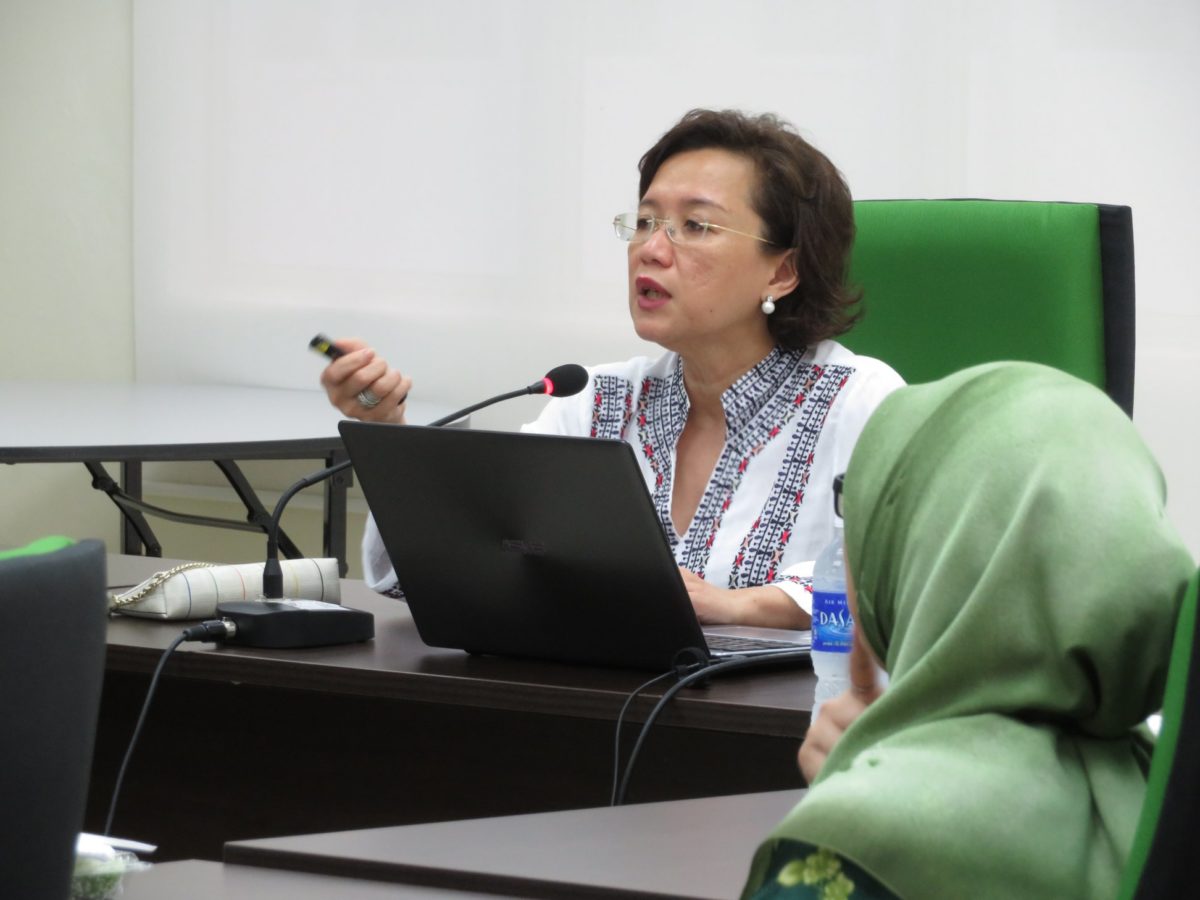KUALA LUMPUR, Jan 31 — There is no urgent need for Malaysia to use an HIV drug to treat people infected with a novel coronavirus from China, an expert said.
Prof Dr Adeeba Kamarulzaman, the dean of medicine and infectious diseases at Universiti Malaya, said this is because the move, which is being seen through by Beijing, is largely experimental in nature.
“And it’s different in China because they have many hundreds of people affected, and some in very severe (conditions),” said Dr Adeeba, who is also the Malaysian AIDS Foundation chairwoman.
Recalling her own experience during the Nipah outbreak of 98/99, Dr Adeeba said when the family type of the zoonotic virus was identified, efforts were made to find out what drug would be effective in curbing it.
“We actually had to order intravenous ribavirin from South America at huge costs, but it was all very experimental, and we gave it to the patients, and it looked like it worked,” she told CodeBlue.
“But when we actually did a study years later to look at the real response, it may or may not have worked. So, whatever the Chinese authorities are doing — I’m sure it’s in the best interests and doing it well — we shouldn’t jump the gun, and see the response.”
The worldwide death toll from the new strain of coronavirus, provisionally known as 2019-nCoV, has risen to 213, all of which were recorded in China, while nearly 8,931 new cases have been confirmed, eight of which were reported in Malaysia. The outbreak originated in Wuhan, a central Chinese city.
The Beijing branch of China’s National Health Commission (NHC) this week said that a combination of lopinavir and ritonavir, an HIV drug sold under the brand name Kaletra — known as Aluvia as well — by AbbVie Inc is part of its latest treatment plan for patients infected by 2019-nCoV.
Bloomberg quoted the NHC as saying that it recommends patients are given two lopinavir and ritonavir tablets twice a day and a dose of alpha-interpheron through nebulisation twice daily — despite a clinical trial underway to see if it can treat cases of the outbreak.
The HIV drugs are not being used in Malaysia at present as an ad-hoc treatment for pneumonia caused by the novel coronavirus, Health Minister Dzulkefly Ahmad said earlier this week, but his ministry will keep tabs on its development and see if it works.
Dr Adeeba said the impact of the coronavirus can be minimised in Malaysia if the current level of awareness and response from the Ministry of Health (MOH) is maintained, noting that it is also being guided by the World Health Organization (WHO).
Malaysia appears to have sidestepped the WHO, however, after it suspended entry to Chinese nationals from Hubei province, and temporarily suspended all scheduled and chartered flights from China to Sabah. The WHO yesterday said it does not recommend any travel or trade restrictions now, even as it declared a global public health emergency over the Wuhan coronavirus.
Dr Adeeba also referred to increased levels of teamwork, cooperation, and collaboration between the global scientific community and the public health responses over the so-called 2019-nCoV outbreak as reasons for reports and people coming in quicker.
“In the past, people tend not to share information because they want to make sure that it gets in the publication, but there’s an agreement now that accurate and quick information is key to contain the epidemic, so you’re seeing an enormous amount of difference.”
On concerns that thermal scanners are not in place at departure areas at international airports and ports of entry to detect cases of those who manifest symptoms late, Dr Adeeba said doing this is not the only solution.
“I think making, on both sides, those who are at-risk aware of the symptoms and where they can go to to seek help and the kinds of infection control measures is super, super important.
“That people who either come from at-risk areas that they know what to do, where to go and all that, and then on the other side, (those part of) the health response also know what exactly to do, and I am confident that the health response here is ready and adequate.”
China’s National Health Commission said that the incubation period for 2019-nCoV was generally three to seven days, with the longest no more than 14 days, which means that patients could show symptoms of the virus much later on. Malaysia will not screen those who leave the country, even if they have the coronavirus.
Dr Adeeba, meanwhile, said a vaccine would take some time before being developed, noting that even with the West Africa ebola outbreak of 2014 to 2016, vaccines started being used in clinical trials only in recent years, well after.
What should be in tandem with vaccine development is infection control containment, which would entail developing a sensitive and specific point-of-care diagnostic kit, she said, followed by treatment.








